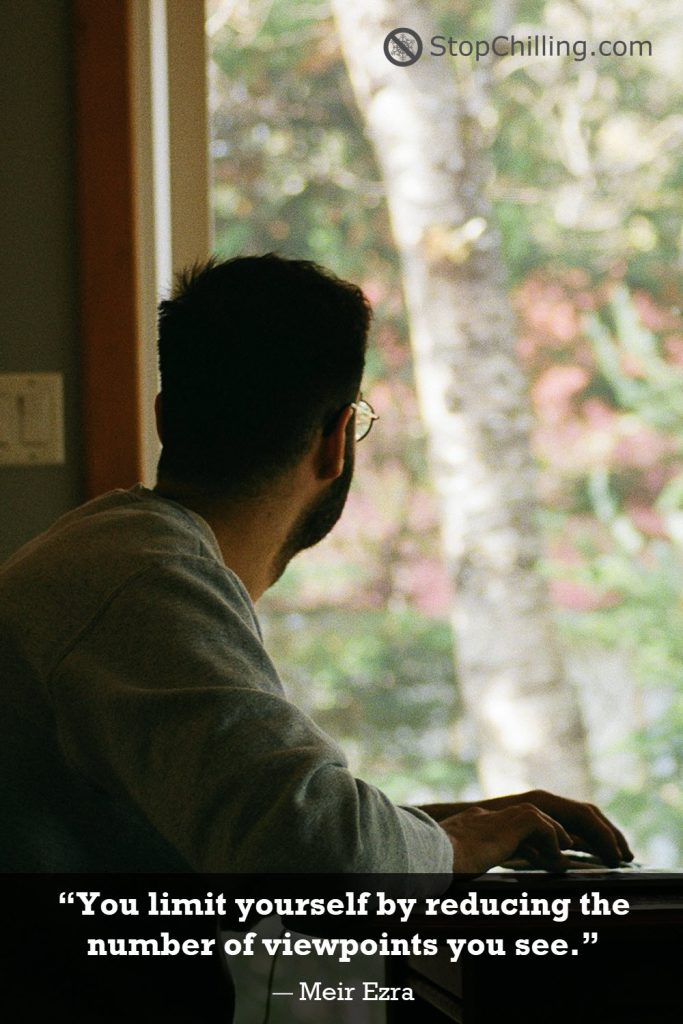Today, we’re diving deep into something that’s holding a lot of us back without us even realizing it: limiting beliefs. These sneaky little mind traps can keep you stuck, but I’ve got a tool to overcome them. We’re talking about a limiting beliefs exercise called Cognitive Journaling that’s going to help you flip the script and unlock your true potential. Ready to ditch the mental baggage and step into your power?
What Are Limiting Beliefs, Anyway?
So, what’s the deal with limiting beliefs? They’re those pesky thoughts you’ve picked up—sometimes from childhood, sometimes from life’s curveballs—that tell you what you can’t do, who you can’t be, or what’s “not for you.” They’re like invisible chains, keeping you from chasing your dreams or even believing you’ve got what it takes. Experts like psychologist Dr. Carol Dweck (she’s the growth mindset queen) say these beliefs lock you into a fixed mindset, convincing you your potential’s capped. But here’s the truth: they’re just stories, not facts—and we’re about to rewrite them.
Common Limiting Beliefs We All Trip Over
Let’s look at a couple examples to get the picture:
• “I’m not good enough.” Maybe you bombed a presentation once, and now you’re convinced you’ll never shine in front of a crowd. That’s a classic—tons of folks carry this one, shutting down chances to grow.
• “Success is for other people.” Ever feel like big wins are reserved for the “lucky” or “talented” ones, not you? This belief keeps you sidelined, watching instead of playing the game.
These hit hard because they feel true, right? But they’re not—they’re just mental clutter. Time to clear them out with a limiting beliefs exercise that’s straight fire: Cognitive Journaling.
Meet Cognitive Journaling: Your Limiting Beliefs Buster
Here’s the star of the show—Cognitive Journaling. This isn’t your average “dear diary” stuff; it’s a science-backed way to dig into your thoughts, call out the falsehoods, and build a new narrative. Dr. Aaron Beck, the dude who kicked off Cognitive Behavioral Therapy (CBT), inspired this approach. Studies—like a 2018 one from Cognitive Therapy and Research—show journaling with intention can rewire negative thought patterns. It’s perfect for beginners and pros alike, and it’s all about conquering those limiting beliefs. Let’s break down how to do it.

How to Perform the Cognitive Journaling Exercise
Grab a notebook, a pen, and maybe a coffee—this limiting beliefs exercise is about to get real. Here’s the step-by-step:
1. Spot the Belief: Sit down and ask yourself: “What’s something I keep telling myself that’s holding me back?” Write it down raw—don’t sugarcoat it. Maybe it’s “I’ll never get organized” or “I’m too old to start over.” Get it on the page.
2. Dig Into the Evidence: Next, play detective. Write: “What proof do I have that this is true?” List anything—past flops, times you heard it from someone, whatever. Then flip it: “What proof do I have that this isn’t true?” Jot down wins, skills, or moments that contradict it. Be honest—there’s always something.
3. Challenge the Story: Now, grill that belief like it’s on trial. Ask: “Is this 100% fact, or just a feeling?” “Would I say this to my best friend?” “What’s the worst that could happen if I let this go?” Write your answers. Spoiler: most limiting beliefs crumble under this heat—they’re flimsy when you look close.
4. Rewrite the Narrative: Time to craft a new belief. Take the old one and flip it into something empowering. “I’ll never get organized” becomes “I’m learning to master my space, one step at a time.” Write it big, bold, and own it. Feel the shift? That’s the magic.
5. Act on It: Seal the deal with a tiny action tied to your new belief. If it’s about organization, declutter a drawer. If it’s about starting over, research one idea. Small moves build momentum. Write what you did and how it felt—keep that energy flowing.
How Often and Why It Works
Hit this limiting beliefs exercise daily for a week, then weekly to keep the gains. It’s not just woo-woo—CBT research shows challenging thoughts on paper rewires neural pathways over time. You’re training your brain to spot the lies and lean into truth. Less “I can’t,” more “Watch me.” That’s the flow we’re building.
Leveling Up Your Mindset
Start with one belief—don’t try to fix everything at once. Maybe it’s “I’m not creative” or “I don’t deserve success.” Run it through Cognitive Journaling, and watch it lose its grip. Dr. Dweck says this shift from fixed to growth mindset is how you unlock potential—it’s not about talent, it’s about effort and belief. You’ve got this.
Wrapping It Up: Start Your Limiting Beliefs Exercise Today
There it is, StopChilling crew — a limiting beliefs exercise to kick those mental blocks to the curb and step into your unstoppable self. Cognitive Journaling’s your ticket to rewrite the stories that’ve been dimming your shine. You don’t need to be perfect—just willing to start. A freer mind means a freer life, and that’s what we’re all about.
Need a little extra push to dive in? Check out my blog post, “Limiting Beliefs Quotes Reveal the Secret to a Better You”, for some empowering quotes and encouragement to get rolling. It’s your nudge to stop chilling and start growing.
And let’s take it all the way — subscribe to the StopChilling newsletter right now (hit the webform below this post) and grab a free PDF download of the “StopChilling.com Your Future Self Blueprint”. This gem’s a framework to scope your habits — good ones to keep, bad ones to ditch — and skills you want to level up, with a 12-month plan to become the you you’re hyped to meet. Fill it out, snag the goods, and let’s build that future together.
Drop a comment and tell me which belief you’re tackling first—I’m interested to hear your wins! Let’s keep the flow alive, fam.


Leave a Reply
You must be logged in to post a comment.